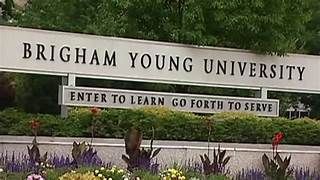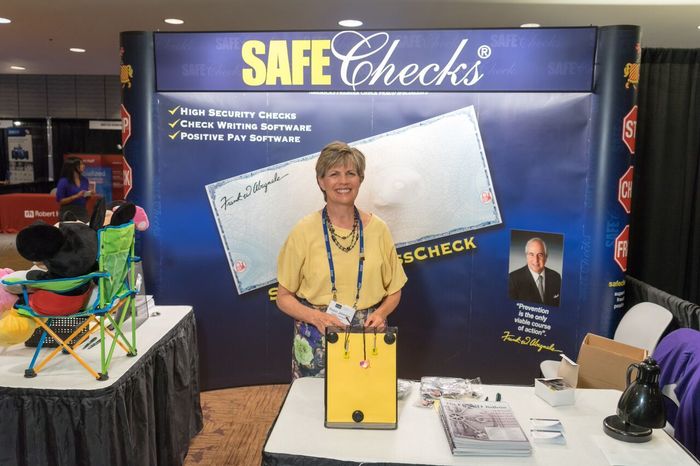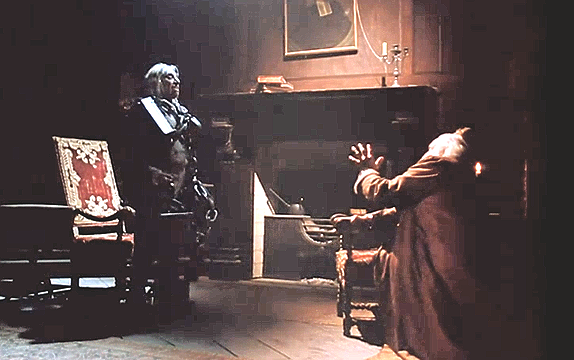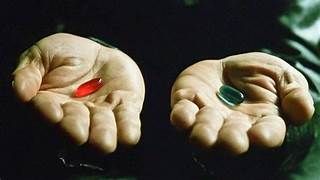One of Robin’s favorite “Lessons for Corporate America” comes from the movie “A Christmas Carol” starring George C. Scott. A stunned and frightened Ebenezer Scrooge attempts to console the despairing apparition of his long-dead business partner, Jacob Marley, by meekly saying, “You always were a good man of business.”
To which Marley roars in response, “Business?? Business?? Mankind was my business!" "The common welfare was my business. Charity, mercy, forbearance, and benevolence were all my business!"
"The dealings of my trade were but a drop of water in the comprehensive ocean of my business!” Does “the common welfare” merit a valid place on the agendas of successful CEOs, CFOs, and profitable companies? Is the notion of having “charity, mercy, forbearance, and benevolence” in professional organizations supported by science - which “men of business” ignore today at their peril? Is there truly a measurable ROI on organizational resilience and on positive, ennobled leadership emanating from the C-suite?
A quick perusal of today’s academic studies and financial literature delivers a resounding, “Yes!” Every business strategy is ultimately created and implemented by human beings, and an abundance of research shows that leaders and organizations that are “Humane, Ethical, and Resilient” – taking into account “the common welfare” and manifesting “charity, mercy, forbearance, and benevolence” – are far more likely to succeed in the marketplace. Industrial Age, top-down, dictatorial styles of leadership are less effective – and likely ineffective – in today's work environment.
From the dramatic to the banal, myriad success stories in business, government, and non-profits alike demonstrate that elevating the human side of enterprise often spells the difference between long-term success and underachievement, or even disaster.







